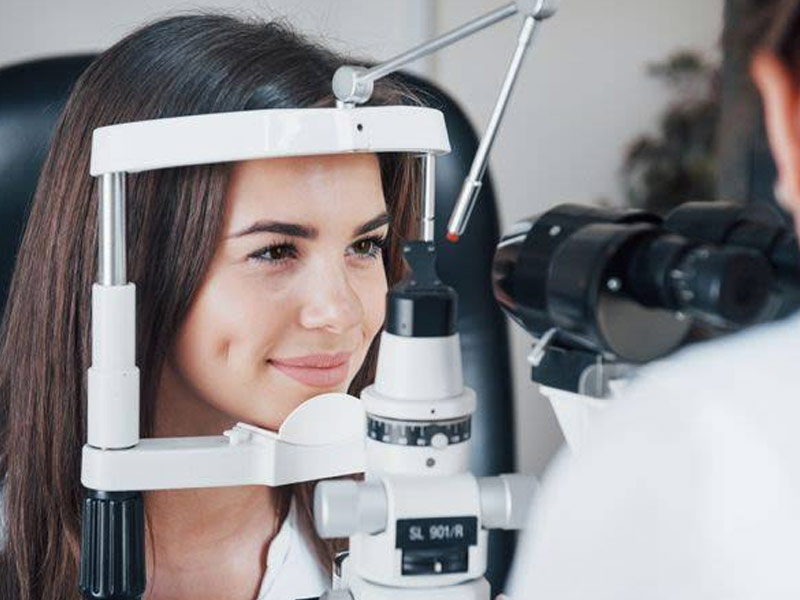
In the entire world, around 2.2 billion people have a near or distance vision problem. They are a lot of people who suffer from either partial or complete blindness. Globally, around 80 percent of blindness develops in people aged above 50 years old. Nearly each and every person in the world goes through an eye health issue in their life and more than a billion individuals do not have the access to eye care services. There are many causes of avoidable blindness such as cataracts, glaucoma and refractive problems, short and long term sightedness and astigmatism.
World Sight Day is celebrated on 14th October, every year, by the International Agency for the Prevention of Blindness (IAPB). This day is marked to spread awareness about eye health globally and the theme for year 2021 is all about #LoveYourEyes. Therefore, to honour World Sight Day 2021, Onlymyhealth editorial team spoke to Dr. Kamal B Kapur, Director & Co-founder, Sharp Sight Eye Hospitals, about the prevention tips for avoidable blindness and to preserve your sight.
Preventing avoidable blindness and preserving sight
The saying that our eyes act as the window to our health could not be more accurate, as a large part of what we perceive is through our eyes. Most people don’t care for their eye health until they start experiencing some difficulty which dramatically affects their eyes and eventually leads to blindness. Hence, it is critical to monitor any emerging eye illness such as cataract and glaucoma through regular eye examination. According to Dr. Kamal, here are some prevention tips for avoidable blindness:
1. Regular check ups

Regular check-ups can help us not only in detection of a variety of health issues like glaucoma, cataract and macular degeneration preemptively. But, it can also aid in the diagnosis of high cholesterol, high blood pressure, diabetes, diabetic retinopathy, liver disease and even brain tumors.
2. Eyesight screening
To keep eye diseases at bay, people of all ages need to have their eyesight screened to check for vision and eye problems at least once a year. Since eyesight gets affected with age, elders need to get comprehensive dilated eye exam.
Also read: Blindness Alert: These 5 Unexpected Things Can Affect Your Vision And Make You Blind
3. Eye friendly diet
In addition to regular screenings, people also need to proactively care for their eyes by consuming a healthy diet of veggies. Eye friendly foods such as carrots and tomatoes should be included in your diet. A diet full of nutrients such as vitamin A and C can help in preventing eye problems and promote eye health.

4. Wearing sunglasses
Protecting eyes while playing sports is also important, therefore one should wear sunglasses. You should wear sunglasses to protect your eyes from harmful ultraviolet rays. It is vital to prevent as well as reduce the progression of cataracts. UV rays from the sun can worsen any existing eye condition, making surgery a necessity for your eyes. Thus, wear sunglasses while going out of the house.
Also read: Know All About Common Eye Infections From Ophthalmologist
5. Lifestyle habits
You should also try and improve certain lifestyle habits such as washing your hands regularly to keep germs at bay. It is also important to take regular breaks from screen time and overall maintaining a healthy body.
These were some prevention measures that one should follow to avoid blindness and preserve your sight. The above listed tips can help in improving eye health and protecting them from any eye problems in the future. If you are having any irritation or issues in your eyes, it is best to consult an ophthalmologist for further diagnosis and treatment, if required.







